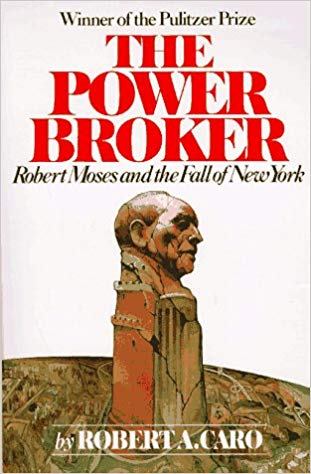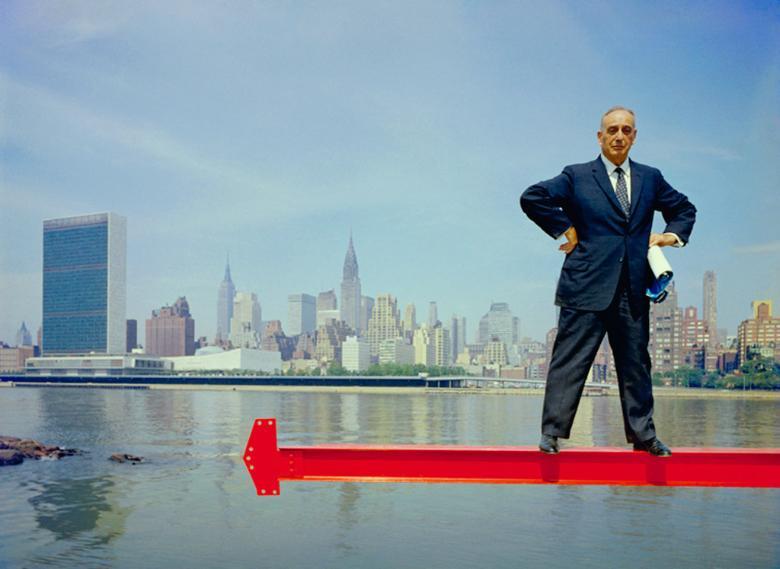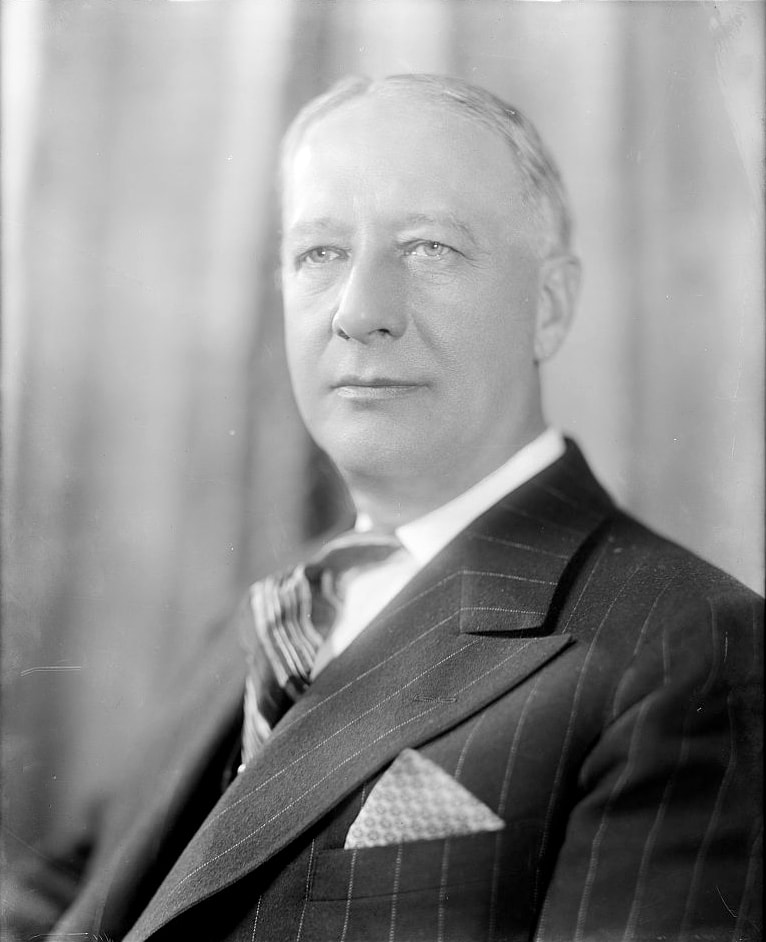Chapter 39 – The Highwayman

In 1948, automobile production had begun and petrol ceased to be rationed. Traffic increased rapidly and soon New York had serious congestion problems. Moses hit the press with new plans for highways and river crossings. Existing highways and parkways were to be widened. The program announced was to dwarf all previous plans. However, there were increasing calls for a balanced transport system, not one obsessed with the automobile. Mass highways had to complement mass transportation facilities, not compete with them.
Highways influenced housing development differently from transport systems like the subway. Subways required concentrated housing to allow stations to be in walking distance to the stations. Highways served car-owning residents, allowing the development to be more spread out into suburbs further away from the city. But these drivers still needed to work in the city and they would travel there by car and find somewhere to park.
New York’s press was still enamoured with Moses and were failing to express alternatives to Moses’s plans. There were planners and others with more informed opinion who recognised the importance of a more balanced program, but the series of post-war Mayors continued to be persuaded by Moses.
Moses did not seem to be fully aware of the impact of his planning decisions. He was insulated from the people who had to use his highways and move to make space for them. He was especially blind to the poor who could not afford cars and relied on public transport to get to work and live their lives. Despite the clear evidence that more highways meant more traffic and slower progress, Moses continued his highway programs without change.
Analysis & Key Takeaways
- Paying attention to the poorest people seems to not be his priority….what did Jane Jacobs have to say about him? Oh!
- Transit in subways was challenging and cars filled the express way. The Lexington Avenue LRT line was an example of a crammed commuter struggling with a model of commuter transport that led to traffic jams. So turns out that they save money by doing fewer inspections in the transit system to save money so Robert Moses from 1934 to 1968 did not emphasize public transport. As a result, Robert Caro argues that the quality of public transport was in serious decline throughout with swearwords written in graffiti everywhere on the train system because they didn’t prioritize spending on mass transit. Instead New York prioritized upper middle class commuters who use the roadways;
- Robert Caro (the author) believes that mass transit is the solution to all of New York’s transit problems. Bob Moses believes that investing in car pathways highways is the solution. There’s no clear answer for the time frame in question since the care was just starting to become mainstream when Moses was pushing for highways to cross over Manhattan but Caro has very strong inclination. So the biography of Bob Moses is fantastic detailed, amazing but of course there will be biases.





